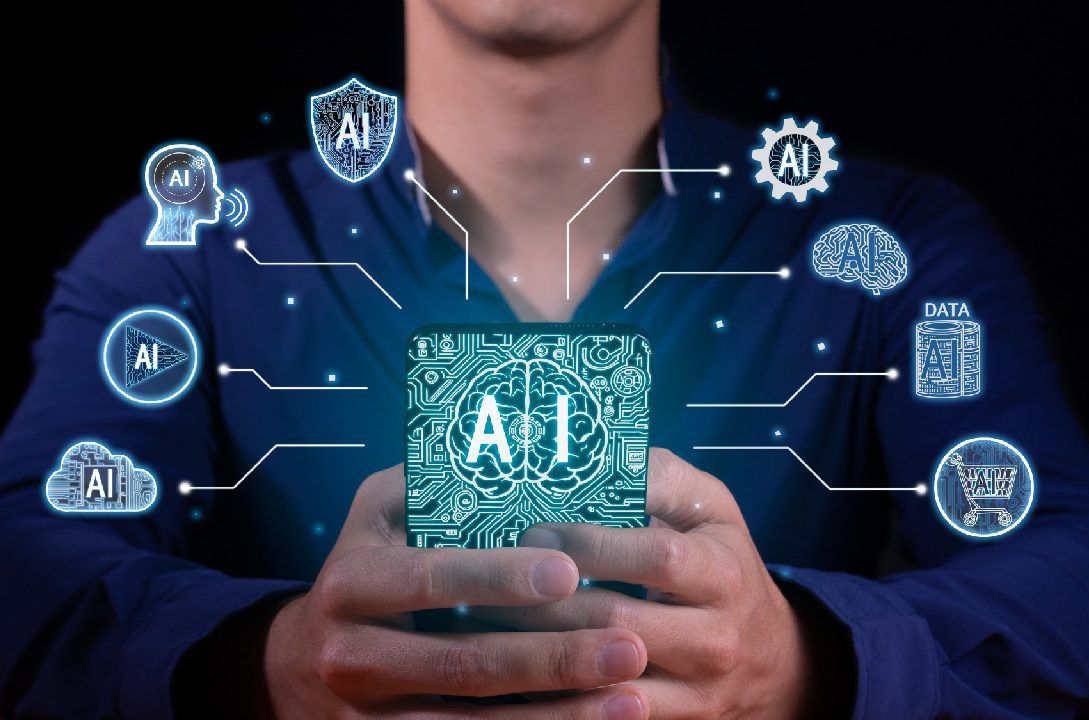In the realm of modern technology, Artificial Intelligence (AI) stands out as a game-changing innovation that continues to reshape our world. With the ability to process vast amounts of data, learn from patterns, and perform tasks once exclusive to human intelligence, AI has become an indispensable tool across various domains. In this blog post, we delve into the remarkable capabilities and functional power of AI, showcasing how it’s transforming industries and enhancing our lives.
Understanding AI’s Capabilities:
Artificial Intelligence is a concept that encompasses a wide range of capabilities, often categorized into three main types: Narrow or Weak AI, General or Strong AI, and Superintelligent AI. At its current stage, Narrow AI is the most common form, designed to excel at specific tasks within a well-defined scope.
- Automation and Repetitive Tasks: One of the primary functions of AI is automation. It can take over repetitive and mundane tasks, freeing up human resources to focus on more creative and strategic endeavors. From data entry and processing to routine customer interactions, AI streamlines operations, reduces errors, and enhances efficiency.
- Data Analysis and Insights: AI’s ability to process and analyze massive datasets at incredible speeds is a game-changer. It can identify patterns, trends, and correlations that might escape human perception. Businesses can leverage AI-powered analytics to make informed decisions, spot opportunities, and forecast outcomes.
- Natural Language Processing (NLP): NLP allows AI systems to understand, interpret, and generate human language. This capability is evident in chatbots, virtual assistants, and language translation services. NLP empowers AI to interact with humans in a more natural and intuitive manner.
- Image and Video Recognition: AI’s prowess extends to visual data as well. Through image and video recognition, AI can identify objects, scenes, and even emotions depicted in visual content. This capability finds applications in security, healthcare diagnostics, and autonomous vehicles.
- Personalization and Recommendations: AI can analyze user behavior, preferences, and historical data to deliver personalized experiences and recommendations. This is evident in recommendation engines used by streaming platforms, e-commerce sites, and social media.
- Problem Solving and Decision Making: AI excels in complex problem-solving scenarios. It can process multiple variables and scenarios to provide data-driven insights that aid in decision-making. This is invaluable in fields such as finance, healthcare, and research.
- Predictive Modeling: Through machine learning, AI can develop predictive models that anticipate future outcomes based on historical data. This capability has transformed industries like finance, where AI assists in risk assessment and fraud detection.
- Creativity and Innovation: Contrary to popular belief, AI can exhibit creativity. It can generate art, music, and even writing based on learned patterns. Creative professionals can collaborate with AI to spark new ideas and explore innovative avenues.

Conclusion
The capabilities of AI are a testament to human ingenuity and the boundless possibilities of technology. As AI continues to evolve, its functions will become even more sophisticated and integrated into our daily lives. While AI augments human capabilities, it’s important to remember that ethical considerations, transparency, and responsible development remain paramount. The AI revolution is a journey of exploration, collaboration, and constant learning, and its potential to reshape industries and elevate human experiences is both thrilling and awe-inspiring.
Related Posts:
Get Started with a free 15 -day trial
No credit card required for Trial Plan
Continue using starter plan for free forever, after trial or upgrade to Premium Subscription






